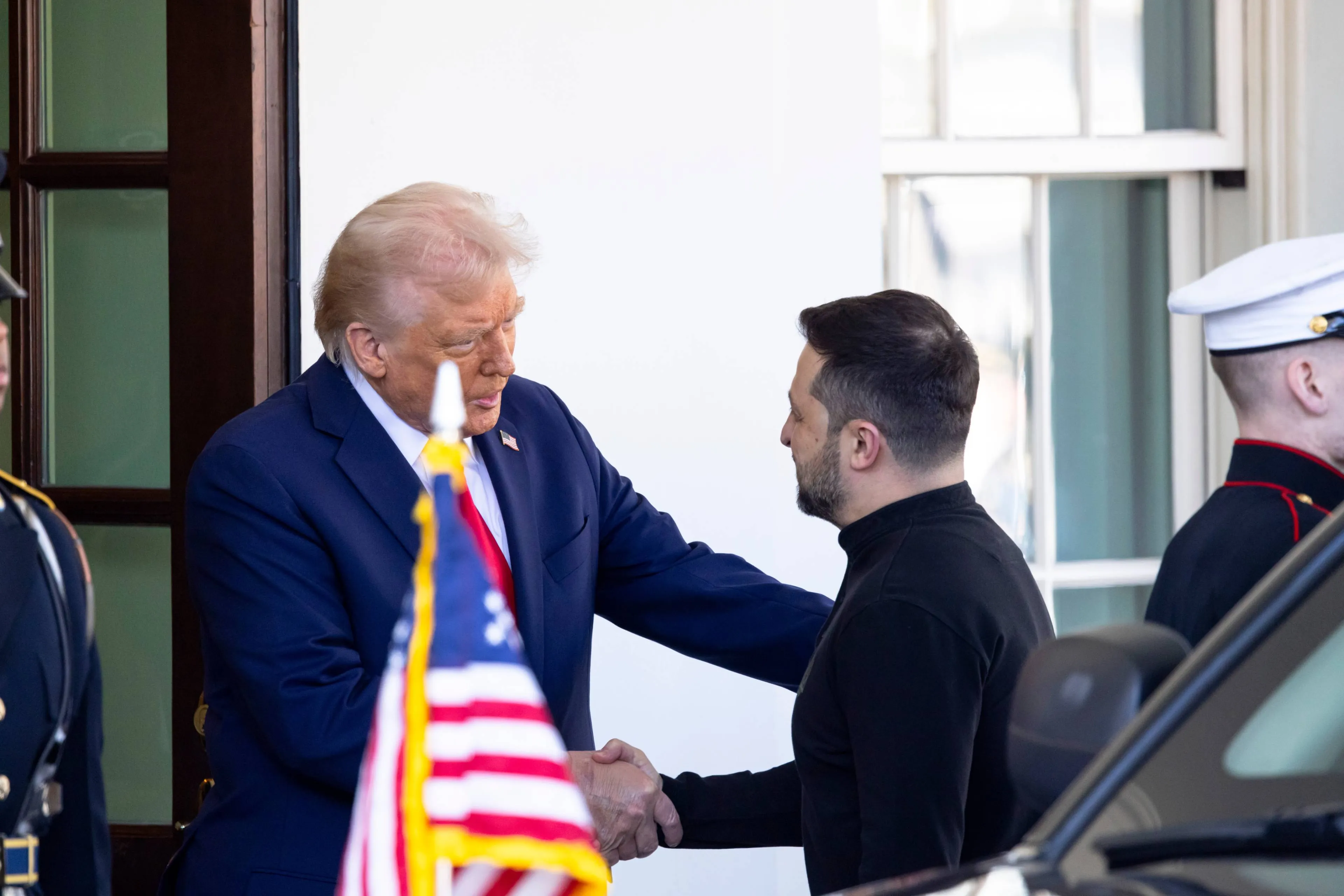Een gemeenschappelijke euro NAAST de gulden
-geen opsplitsing van de Eurozone betekent,
-het een bestendiging van de Euro betekent,
-het inflatie-proof is,
-ieders nationale soevereiniteit en democratie gewaarborgd is,
-er correctiemechanismen via de nationale munt mogelijk zijn,
-er nooduitgangen zijn ingebouwd die een gecontroleerd soeverein default mogelijk maken
-de huidige problemen met de Euro had kunnen voorkomen en toekomstige problemen met de Euro nog steeds kan voorkomen. Een Transferunie kan er mee afgewend worden.
The concrete proposal for the near future, and the occasion for the examination of a much more far-reaching scheme, is that the countries of the Common Market, referably with the neutral countries of Europe (and possibly later the countries of North America) mutually bind themselves by formal treaty not to place any obstacles in the way of the free dealing throughout their territories in one anothers currencies (including gold coins) or of a similar free exercise of the banking business by any institution legally established in any of their territories.
[...]
Though I strongly sympathise with the desire to complete the economic unification of Western Europe by completely free-ing the flow ofmoney between them, I have grave doubts about the desirability ofdoing so by creating a new European currency managed by any sort of supra-national authority. Quite apart from the extreme unlikelihood that the member countries would agree on the policy to be pursued in practice by a common monetary authority (and the practical inevitability of some countries getting a worse currency than they have now), it seems highly unlikely, even in the most favourable circumstances, that it would be administered better than the present national currencies. Moreover, in many respects a single international currency is not better but worse than a national currency ifit is not better run. It would leave a country with a financially more sophisticated public not even the chance of escaping from the consequences of the crude prejudices governing the decisions of the others. The advantage of an international authority should be mainly to protect a member state from the harmful measures of others, not to force it to join in their follies.
One must work out what will replace the euro. It would be logical to bring back the national currencies, a move in the best interest of the more-developed nations within the euro system. The lesser-developed would, of course, be against it. Take the case of Italy: The first step towards a new lira would mean massive devaluation, and surging inflation. Therefore, I think that the first step would be to keep the euro, but making it into what the ECU represented before the EMU, namely a unit of account. One could leave the euro that way, as a symbolic currency for Europe. It would be the basis for exchange-rate relationships among the national currencies. One could then transform the current European Central Bank into a common institution for coordinating currency policy throughout Europe, as was the case with the European Monetary System for exchange rate arrangements after 1979. The ECB would no longer be a central bank, but a kind of European IMF.
If achieving the goal of private free banking seems too far into the future, then citizens of the EU nations should challenge their governments to reverse the euro experiment, restore their national currencies, and allow the people of Europe unrestricted choice in currency. If Hayeks proposal for currency competition were enacted, any additional transaction costs related to trading in multiple currencies might well be lower than those connected with the effects of inflation under European-wide monetary central planning.
In my view there is a better alternative. We should have a simple constitutional change to remove the clause in the EU constitution that requires the euro to be the sole legal tender currency in eurozone countries. The euro would remain legal tender in all eurozone countries but they would be allowed to issue new sovereign currencies if they wished or could allow any other currency to be legal tender (for example, private currencies, gold-backed currencies or the dollar). The rapid practical effect is that Greece would reintroduce the drachma but the euro would remain legal tender.
[...]
Twenty years on it seems to me that, unless the eurozone wishes to impose a police state and either ride roughshod over contracts or face years of legal wrangling over the status of trillions of euro worth of debt, the creation of parallel or competing currencies is the only credible solution to the problems created by the imposition of EU monopoly money in the eurozone. There is no credible alternative.
Lees ook
Loading


